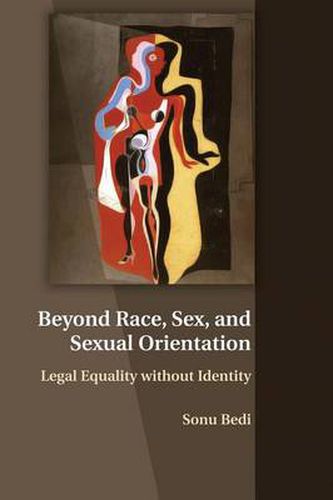Readings Newsletter
Become a Readings Member to make your shopping experience even easier.
Sign in or sign up for free!
You’re not far away from qualifying for FREE standard shipping within Australia
You’ve qualified for FREE standard shipping within Australia
The cart is loading…






The conventional interpretation of equality under the law singles out certain groups or classes for constitutional protection: women, racial minorities, and gays and lesbians. The United States Supreme Court calls these groups ‘suspect classes’. Laws that discriminate against them are generally unconstitutional. While this is a familiar account of equal protection jurisprudence, this book argues that this approach suffers from hitherto unnoticed normative and political problems. The book elucidates a competing, extant interpretation of equal protection jurisprudence that avoids these problems. The interpretation is not concerned with suspect classes but rather with the kinds of reasons that are already inadmissible as a matter of constitutional law. This alternative approach treats the equal protection clause like any other limit on governmental power, thus allowing the Court to invalidate equality-infringing laws and policies by focusing on their justification rather than the identity group they discriminate against.
$9.00 standard shipping within Australia
FREE standard shipping within Australia for orders over $100.00
Express & International shipping calculated at checkout
The conventional interpretation of equality under the law singles out certain groups or classes for constitutional protection: women, racial minorities, and gays and lesbians. The United States Supreme Court calls these groups ‘suspect classes’. Laws that discriminate against them are generally unconstitutional. While this is a familiar account of equal protection jurisprudence, this book argues that this approach suffers from hitherto unnoticed normative and political problems. The book elucidates a competing, extant interpretation of equal protection jurisprudence that avoids these problems. The interpretation is not concerned with suspect classes but rather with the kinds of reasons that are already inadmissible as a matter of constitutional law. This alternative approach treats the equal protection clause like any other limit on governmental power, thus allowing the Court to invalidate equality-infringing laws and policies by focusing on their justification rather than the identity group they discriminate against.